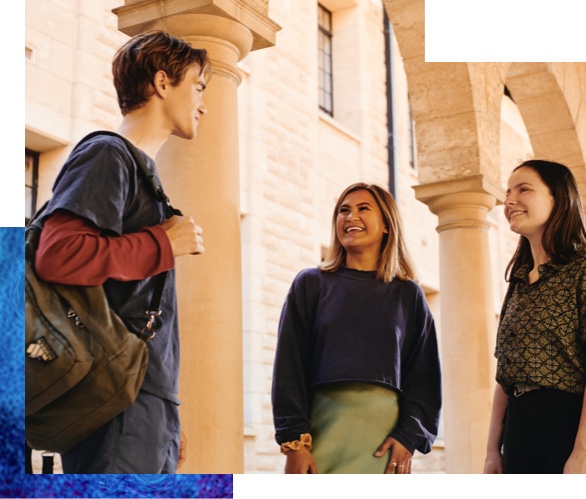Oops!
We're sorry but the page you are looking for cannot be found.
We've recently updated our website and some links may have broken.
You can use the search bar or navigation menu to find what you're after.

We're sorry but the page you are looking for cannot be found.
We've recently updated our website and some links may have broken.
You can use the search bar or navigation menu to find what you're after.
